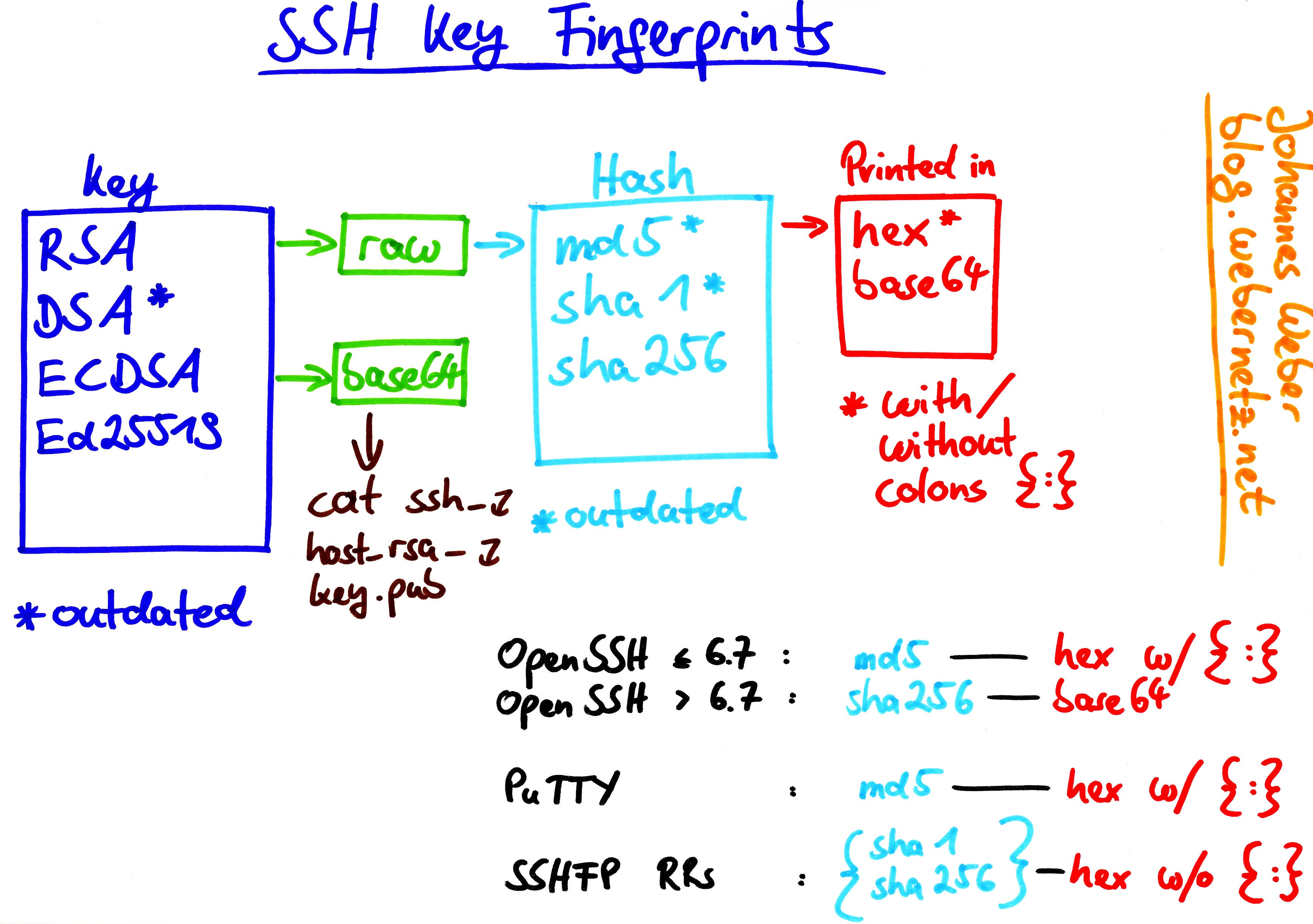Generate Ssh Host Key Fingerprint
Nov 10, 2019 With the Real-time Protection feature, the eScan Antivirus Activation Code Crack Solution detects malware even before it reaches your computer. Its malware scan benefits restrict malicious content from damaging your computer. Download eScan Anti-Virus Serial key Crack free download for Windows 7,8,10- all versions. Your data remains protected. Renew eScan Total Security Suite 1 PC 1 Year - Cloud Edition Our Price 650 MRP 1925 Renew eScan AntiVirus 1 PC 1 Year - Cloud Edition. Aug 17, 2015 How To Get eScan Internet Security 14 License Key Free Serial Number? EScan internet security 14 license key normal price is 45.95$ for 1 year. Today we are going to share a giveaway and following this giveaway you will get it free for 3 months that mean if you complete this giveaway you can easily save you almost 16$. Escan antivirus license key generator.
SSH key pairs allow an additional level of security that can be used in conjunction with the SFTP protocol. Hot pursuit wiki. Key pairs are typically created by the client, and then the resulting public key is used by Core FTP Server.
- SSH host keys are stored in /etc/ssh/, which you generally do not need to choose. These keys were generated when the openssh-server package was installed. You can list the fingerprint of the keys by ssh-keygen -l -f /etc/ssh/sshhostkey.pub though you will need to repeat this for each public key.
- Simple: It is the fingerprint of a key that is verified when you try to login to a remote computer using SSH. When you log into an SSH server for the first time, you'll see something like that shown in Figure A. You have to accept the fingerprint before the SSH connection can be made.
- Jun 02, 2015 In order to get the ssh key: 1) Open WinSCP and log into the FTP server in question. 2) Click Session. 3) Click Server/Protocol Information. 4) At the bottom of the dialogue you will see your servers fingerprint.

| #!/usr/bin/env python |
| # usage: drunken_bishop.py [-h] [--mode {md5,sha256}] fingerprint |
| # |
| # Generate randomart from fingerprint |
| # |
| # positional arguments: |
| # fingerprint |
| # |
| # optional arguments: |
| # -h, --help show this help message and exit |
| # --mode {md5,sha256}, -m {md5,sha256} |
| importargparse |
| importbase64 |
| importnumpyasnp |
| defget_steps(bits): |
| bits_grouped=np.array(bits, dtype=np.int8).reshape((-1, 4, 2)) |
| bits_grouped_reordered=np.flip(bits_grouped, axis=1) |
| returnbits_grouped_reordered.reshape((-1, 2)) |
| defdrunken_bishop(steps): |
| positions=np.zeros((9, 17), dtype=np.int8) |
| current_position=np.array([4, 8]) |
| defmove(b0, b1): |
| if (b0, b1) (0, 0): |
| return (-1, -1) |
| elif (b0, b1) (0, 1): |
| return (-1, 1) |
| elif (b0, b1) (1, 0): |
| return (1, -1) |
| elif (b0, b1) (1, 1): |
| return (1, 1) |
| raiseException('Impossible move: ({}, {})'.format(b0, b1)) |
| forstepinsteps: |
| positions[tuple(current_position)] +=1 |
| current_position+=move(step[0], step[1]) |
| ifcurrent_position[0] >=positions.shape[0]: |
| current_position[0] =positions.shape[0] -1 |
| elifcurrent_position[0] <=0: |
| current_position[0] =0 |
| ifcurrent_position[1] >=positions.shape[1]: |
| current_position[1] =positions.shape[1] -1 |
| elifcurrent_position[1] <=0: |
| current_position[1] =0 |
| positions[(4, 8)] =15 |
| positions[tuple(current_position)] =16 |
| returnpositions |
| defprint_randomart(atrium): |
| values= { |
| 0: ' ', 1: '.', 2: 'o', 3: '+', 4: '=', 5: '*', 6: 'B', 7: 'O', 8: 'X', |
| 9: '@', 10: '%', 11: '&', 12: '#', 13: '/', 14: '^', 15: 'S', 16: 'E' |
| } |
| print('+---[ n/a ]----+') |
| forrinatrium: |
| print(' ', end=') |
| forcinr: |
| print(values[c], end=') |
| print(' ') |
| print('+-----------------+') |
| defget_md5_bits(fingerprint): |
| returnnp.array([list('{:08b}'.format(int(i, 16))) foriinfingerprint.split(':')]) |
| defget_sha256_bits(fingerprint): |
| missing_padding=4- (len(fingerprint) %4) |
| fingerprint+='='*missing_padding |
| returnnp.array([list('{:08b}'.format(i)) foriinbase64.b64decode(fingerprint)]) |
| defmain(): |
| parser=argparse.ArgumentParser( |
| description='Generate randomart from fingerprint') |
| parser.add_argument('--mode', '-m', choices=['md5', 'sha256'], default='sha256') |
| parser.add_argument('fingerprint', type=str) |
| args=parser.parse_args() |
| bits=None; |
| ifargs.mode'md5': |
| bits=get_md5_bits(args.fingerprint) |
| elifargs.mode'sha256': |
| bits=get_sha256_bits(args.fingerprint) |
| else: |
| raiseException('Unsupported hashing mode: {}'.format(args.mode)) |
| steps=get_steps(bits) |
| atrium=drunken_bishop(steps) |
| print_randomart(atrium) |
| if__name__'__main__': |
| main() |